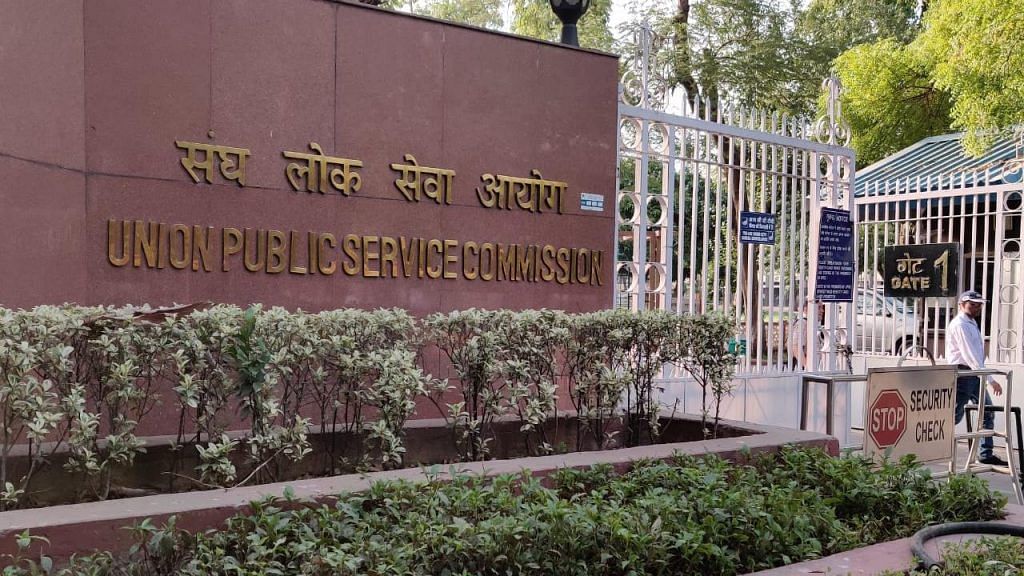New Delhi: The Modi government’s decision to not extend reservation to domain experts recruited in the civil service through lateral entry has irked several Dalit IAS officers and other civil servants — serving and retired — who argue that the decision is legally untenable.
This is just one among several objections civil servants have raised to the policy, which is aimed at bridging a perceived knowledge gap in the handling of crucial departments.
“The move to induct private talent into the government, and not bringing it under the fold of reservation, is illegal, and can be challenged both in court and in Parliament,” said former BJP MP Udit Raj.
Raj, who moved to the Congress ahead of the Lok Sabha elections, is a former Indian Revenue Service (IRS) officer.
Of the nine lateral entrants inducted by the Union Public Service Commission (UPSC) earlier this year, none belongs to any of the reserved categories — Scheduled Castes, Scheduled Tribes, or the Other Backward Classes.
“This has created quite a stir…” said a senior Dalit IAS officer who did not wish to be named. “It’s alarming how the government can just throw reservation into the bin.”
Also read: Modi govt to recruit 40 more domain experts in second push for lateral entry
Government’s position
According to an RTI reply to a query filed by The Indian Express in this regard, the government said the reservation policy did not apply to the lateral entry policy since domain experts were recruited for individual positions, and reservation did not apply to single posts.
Sources in the Department of Personnel and Training (DoPT) told ThePrint that, by the same token, the government was unlikely to extend the reservation quota to the 40 domain experts it is planning to hire as directors and deputy secretaries in the second leg of the lateral entry exercise.
However, according to the DoPT’s own rules, government appointments are exempt from reservation only if they are temporary, for a period less than 45 days.
Seeking to explain the contradiction, a DoPT official said, “Reservation can’t be given for one post… Under lateral entry, the contract is between an individual and the government, so reservation does not apply.”
Also read: 5 reasons why IAS officers are alarmed by Modi govt’s lateral entry push
‘Just a technical figleaf’
Calling this rule a dilution of the reservation policy, Raj said, “There is no dearth of talent, experience and honesty among Dalits and OBCs… But you are looking for ways to set aside the reservation.
“There is no objectivity in the government’s process of recruiting laterally…,” said Raj, “What’s the basis of their selection? They have to reveal.”
The senior Dalit officer quoted above agreed. “They might find a technical fig leaf to justify their decision, but the fact is that to not give reservation for government posts is against the spirit of the Constitution,” the officer said.
“If you do not want to apply the rules of the government on these people, why are you hiring them for government positions in the first place?” he added. “Just hire them as consultants. But if you are hiring them in government positions, it is a blatant violation of the law.”
P. Sivakami, a former IAS officer who quit the service in 2008 due to alleged caste discrimination, said, “The law is very clear — you have to give reservation for government jobs, no matter if the recruitment is lateral or normal.
“This is just a way to subvert the law and the system… It will not stand the test of legal scrutiny if challenged in court,” she said.
